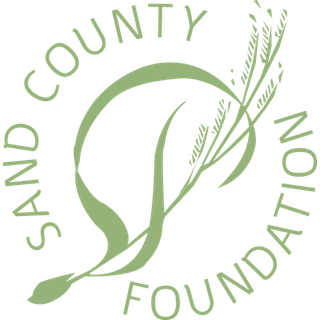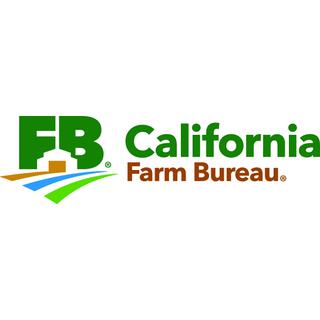Scott and Ulla Park placed their bets on regenerative farming practices long before they were trending.
They spent the 1980s conventionally growing processing tomatoes before deciding to switch to organic production. Fueled by their love for agriculture and nature, coupled with a healthy dose of skepticism and common sense, they embarked on journey of exploration and discovery.
In their effort to mimic the natural world, the Parks chose gentler tillage methods, grew a variety of cover crops, and adopted a thoughtful rotation of crops. Their use of fertility inputs produced naturally balanced soils that help grow disease and pest-free plants. They noticed their once sterile soils became rich in earthworms and microbial life.
The Park’s farm, Park Farming Organics, grew to 1,350 acres, and is now run by their son Brian and his wife Jamie. What hasn’t changed is the family’s openness to experimentation and willingness to embrace new methods to adapt to changing consumer demands, market dynamics, environmental variability, and regulatory shifts.
Each year Park Farming Organics grows between 15-20 types of crops including rice, corn, wheat, sunflower, flax, alfalfa, barley, squash, cantaloupe, watermelons, cucumbers, and fresh market vegetables. It is governed by what the Parks call their “9 Cs of conservation”: critter cover, compost, controlled traffic, crop rotation, cover crops, conservation tillage, crop residue, conserving inputs, and crew care.
Their use of cover crops, compost applications, and crop residue annually returns an average of 15 tons of organic biomass per acre back to the soil. Growing sunn hemp as a cover crop helps improve soil properties, reduce soil erosion, conserve soil moisture, and recycle plant nutrients. The Parks’ unique border management of their fields includes growing diverse hedge rows that benefit wildlife and installing owl boxes to help control rodents.
Innovation and adaptability of farm equipment has been required to meet their production and conservation goals. Flotation tires on tractors help minimize compaction of rice fields. By modifying many core pieces of their farm equipment, the Parks have become leaders in developing specially adapted implements that other growers now rely on.
Exploring novel conservation practices has not been devoid of challenges and unexpected consequences. Scott and Brian participate in workshops, conferences, and fields days where they eloquently break down the challenges of organic and sustainable practices. Their expertise and willingness to share has made Park Farming Organics a go-to destination in northern California for students, scientists, journalists, and food sector professionals.
Collaborative partnerships with their local conservation district and universities have led to new innovations and provided regional context for adopting conservation practices. The impacts of their efforts to improve soil health are documented in a variety of peer-reviewed scientific journals. Promoting environmental stewardship among fellow farmers, educators, and environmental professionals is the purpose of the Parks’ involvement with the USDA Natural Resources Conservation Service’s Conservation Education and Awareness Center.
Park Farming Organics’ significant role in the regenerative agriculture scene is thanks to its owners’ ability to share their vision, values, accomplishments, and obstacles with farm and consumer audiences. Through dedication, passion, and the ability to put their ideas into practice, the Parks have trailblazed a path for other farmers to begin their conservation journeys.
Watch their conservation success story








